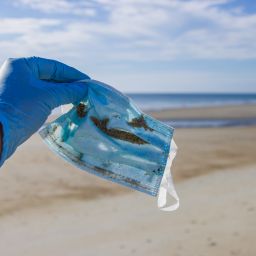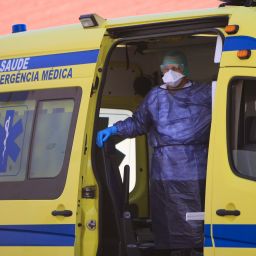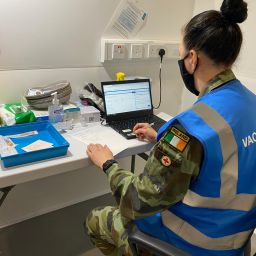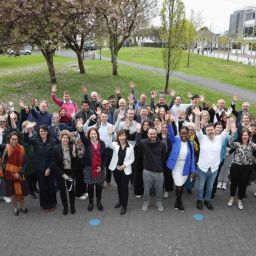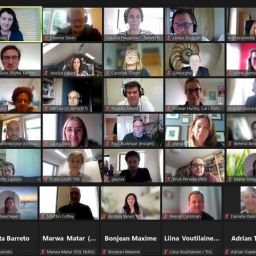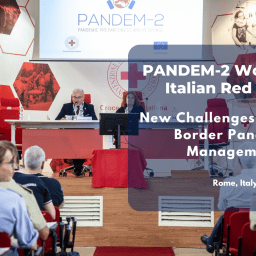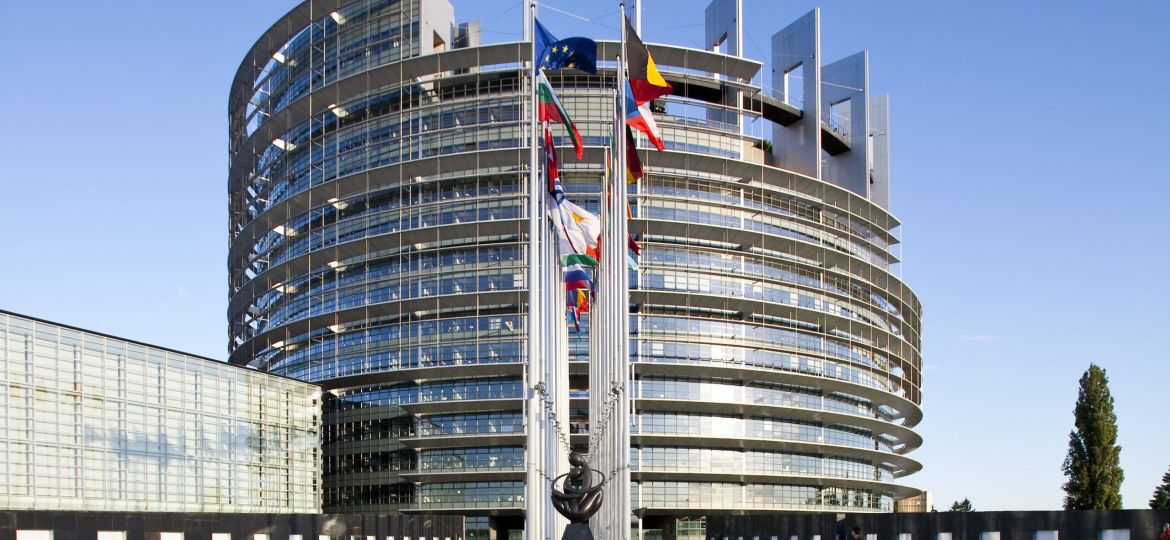
February 20 2023 ‘Croatia, France and Poland join EU’s strategic reserves for chemical, biological and radiological emergencies’ – LINK – To improve the EU preparedness and response to chemical, biological, radiological, and nuclear (CBRN) threats, the Commission is building strategic reserves of response capacities through the EU Civil Protection Mechanism and the Health Emergency Preparedness and Response Authority (HERA). Today, Croatia, France, and Poland have joined Finland in hosting the rescEU stockpiles worth in total €545.6 million.
The reserves will include antidotes, antibiotics, vaccines, sedatives, and prophylactic treatments and specific CBRN response equipment, such as detectors and decontamination supplies and personal protective equipment (e.g., gas masks and protection suits).
The establishment of the four stockpiles represent a cross-sectoral cooperation between the EU’s health and civil protection authorities. The stockpiles are overseen by the European Civil Protection and Humanitarian Aid Operations (ECHO) and the European Health Emergency Preparedness and Response Authority (HERA).
HERA is a key pillar of the European Health Union and a fundamental asset to strengthen the EU’s health emergency response and preparedness. A core goal of HERA is to ensure the development, manufacturing, procurement, and equitable distribution of key medical countermeasures to address any possible gap in its availability and accessibility. In July 2022, HERA presented a priority list of top-3 health threats that require coordination of measures at EU level in the context of medical countermeasures. These three threats which have the potential of spreading across Member States are: (1) pathogens with high pandemic potential, (2) chemical, biological, radiological, and nuclear threats, and (3) threats resulting from antimicrobial resistance.
February 17 2023 – ‘The shifting landscape of trust: history, leadership & communities’ – LINK – The World Health Organisation hosted a webinar on the issue of how historical trust infrastructures build and maintain trust within communities. The webinar considers examples of how this infrastructure is built by culture, language, ethnicity, tradition, story-telling and, traditional forms of medicine – and how these can be effective in times of crisis. The discussion welds a narrative from a discussion of pandemic preparedness in the light of Global History and Inter-religious and Inter-civilisation dialogue.
February 14 2023 – ‘Joint Convening on COVID-19 Vaccinations in Humanitarian settings and contribution to broader pandemic preparedness’ – LINK – On February 14th and 15th, a conference took place in Nairobi, Kenya on the topic of COVID-19 Vaccinations in Humanitarian settings and the contribution of this approach to broader pandemic preparedness. This event brought together stakeholders to critically review the current global situation of COVID-19 vaccine delivery in humanitarian settings, identify lessons learned, share good practices and develop actionable solutions for immediate implementation as well as to inform future pandemic planning and response. The meeting focused on the following themes:
- Leveraging humanitarian actors and the humanitarian architecture for pandemic responses
- Upstream supply, regulatory and legal considerations impacting implementation in humanitarian settings
- Health Systems Strengthening and Pandemic Preparedness and Response in humanitarian settings



